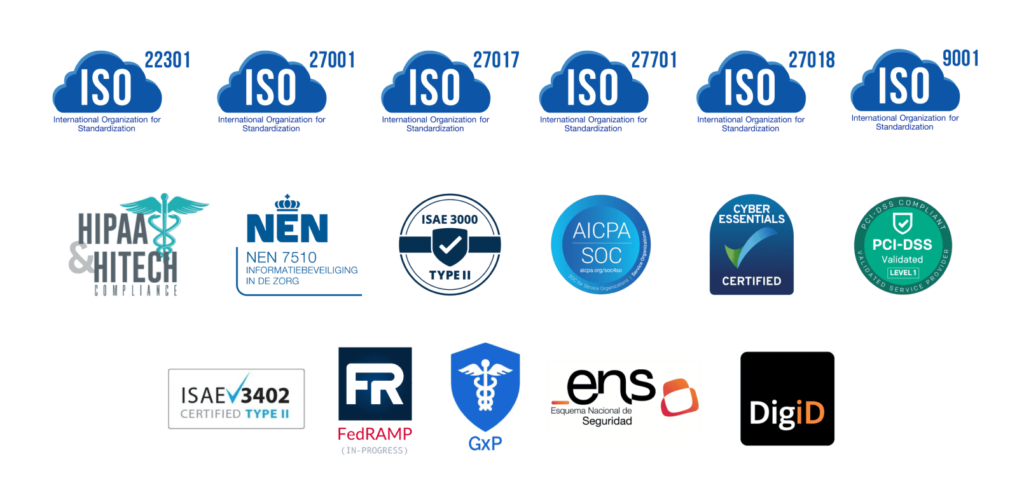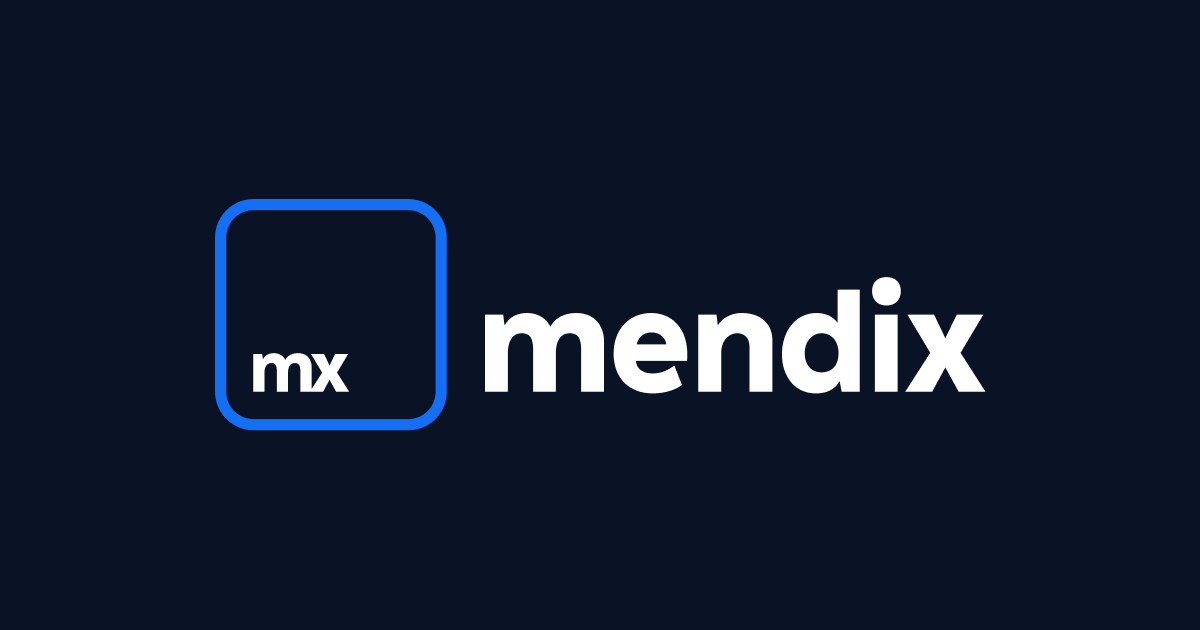What is Mendix?
In the early 2000s, Roald Kruit noticed that clients were never fully satisfied with their software projects. Despite developers working long hours, applications often failed to meet expectations or adapt to changing needs. This slowed down the development cycle and led to burnout. Roald, along with Derek Roos and Derckjan Kruit, realized that the issue was not coding, but communication. Developers didn’t fully understand business needs, and business users didn’t understand development. To bridge this gap and accelerate the development process, they set out to create a new approach.
Mendix evolved by incorporating model-driven development, AI and ML tools, cloud capabilities, and extensibility to support the software development lifecycle. Acquired by Siemens in 2018, Mendix is now recognized as an industry leader by Gartner, Forrester, and many partners. The company remains committed to continuously improving the platform to best serve organizations.
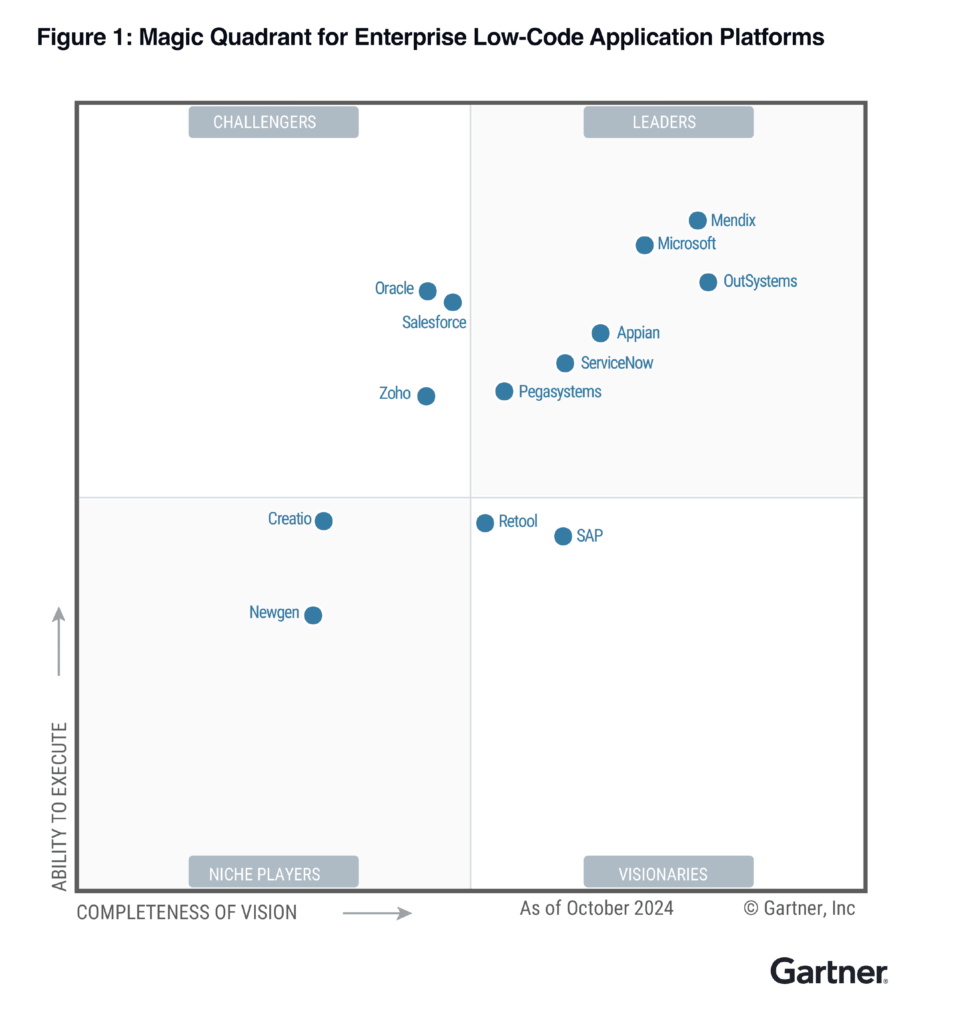
Mendix is the only low-code platform designed for today‘s complex software development challenges.
- IDE
- Enhanced AI/ML capabilities
- Collaboration
- Cloud
- UI/UX
- Extensibility
- Data
- Governance
IDE
Mendix provides a single IDE based on model-driven development, enabling developers of all skill levels to build confidently. It supports data modeling, integrations, and complex tasks with ease. The platform offers Mendix Marketplace, AWS connectors, and third-party extensions. It integrates with REST, database connectors, and event-driven capabilities, supports light/dark mode, customization via Model SDK and APIs, Git-based version control, and automated testing to enhance application
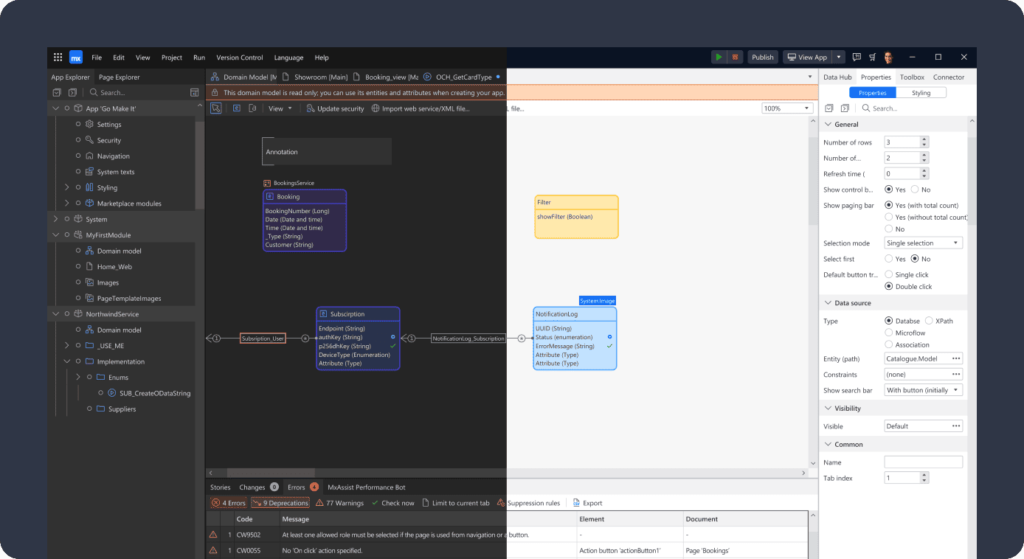
AI: Enhanced AI/ML capabilities
Build and deliver smart applications with intelligent, contextualized, and proactive user experiences. Mendix is AI-enhanced with virtual co-developer bots to streamline processes, and is the first LCAP to support embedded machine learning models versus API-based integration.
Collaboration
Mendix keeps teams and projects aligned with the most robust low-code collaboration and communication tools.
Collaborative project spaces
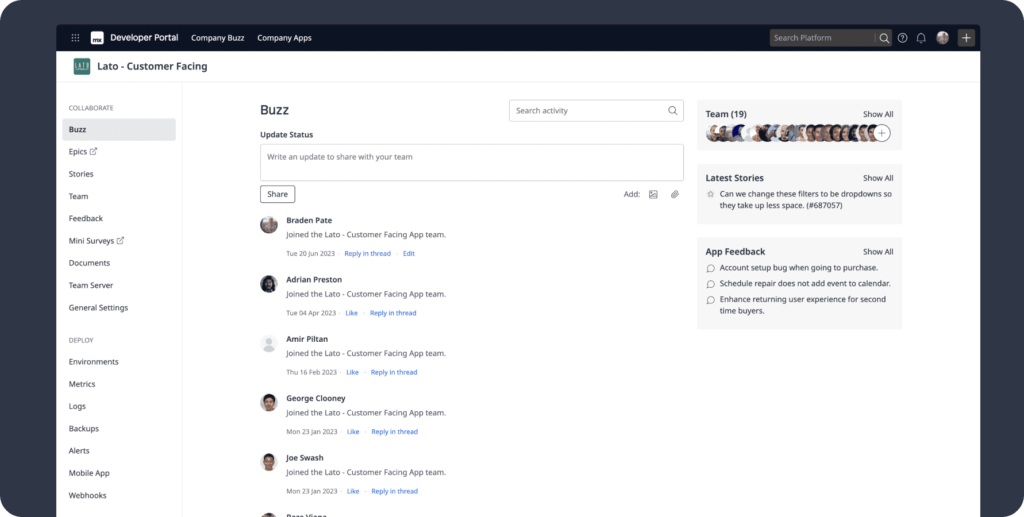
In the Mendix Portal, each application resides in its own central project space with tools for collaboration, Agile project management, backlog management, feedback management, and DevOps.
Agile project management
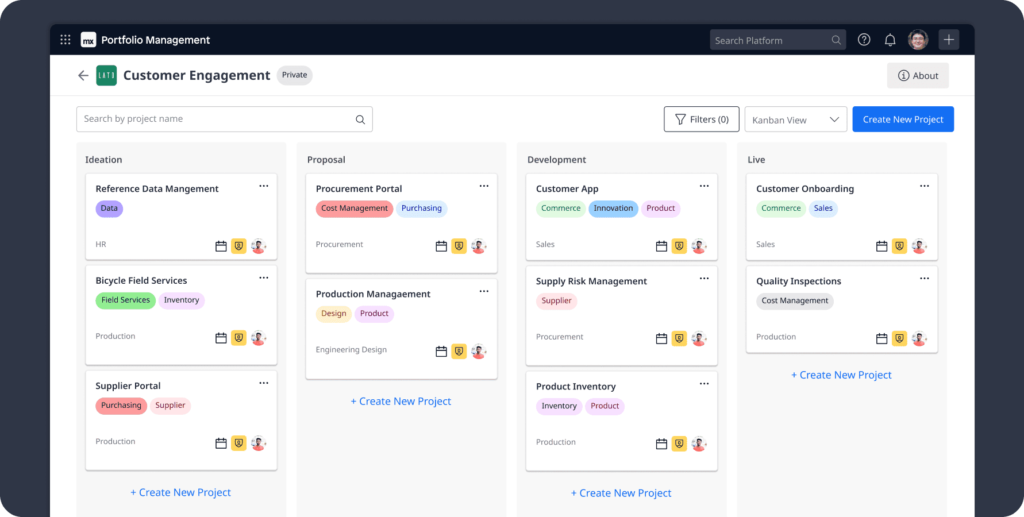
Manage projects easily with built-in tools for Agile project management methodologies like Kanban and Scrum. Mendix enables teams to create, refine, and prioritize user stories collaboratively using conversation threads.
CLOUD
All applications developed with Mendix are cloud-native, containerized, and portable by default, offering developers the flexibility to deploy and scale in any environment. This flexibility allows Mendix applications to benefit from auto-provisioning, auto-healing, low infrastructure overhead, CI/CD support, and cloud interoperability.
Extensibility:
Mendix platform and applications are open and extensible at every level, allowing customization to fit enterprise needs. The platform can be extended with APIs, integrating existing tools, CI/CD pipelines, and test automation suites. Reusable components can be built with Java and Javascript, and third-party tools can be integrated. Mendix Model SDK allows programmatic migration, adjustment, and analysis of Mendix models, while the Mendix Machine Learning Kit leverages open AI/ML models.
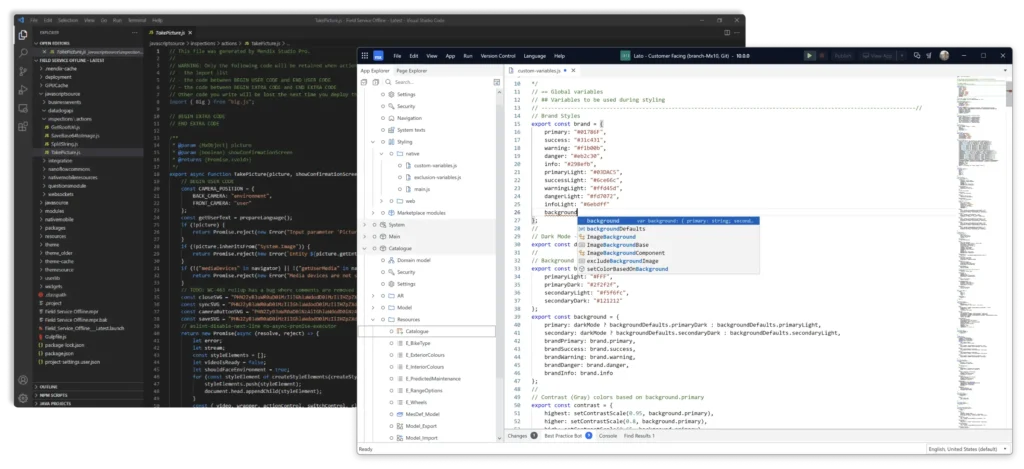
DATA:
Mendix provides universal access to data, enabling quick discovery, understanding, and usage within a connected ecosystem. Data sharing is made secure and consistent through Mendix Connect External Entities, simplifying data transfer across applications. With Mendix Connect, data sources can be defined, and applications and BI tools can connect to the right datasets. Additionally, Mendix supports integration of external data with standard protocols like REST, SOAP, MQTT, JDBC, ODBC, BAPI, OPC, and OData.
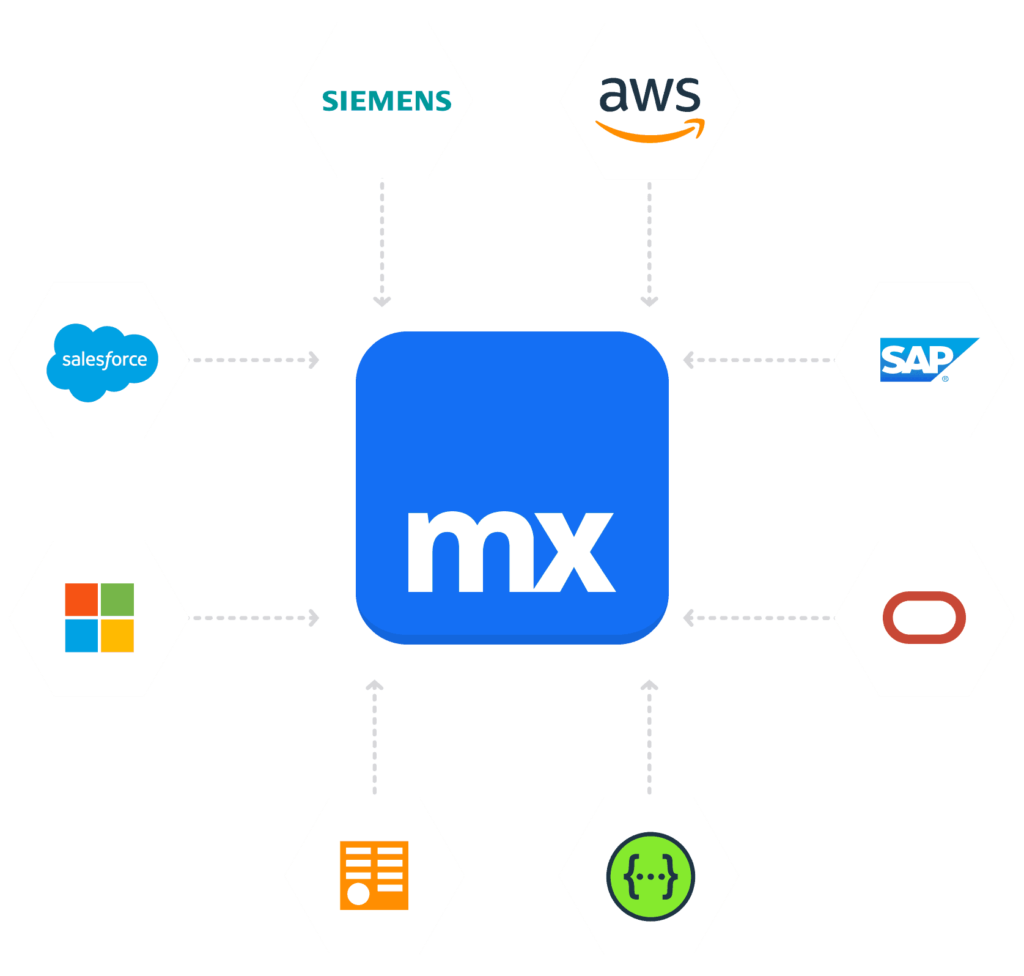
Governance:
Mendix is equipped with the most trusted security and governance tools and controls of any LCAP.
Manage risk with common guidelines and standards for software development, security, operational continuity, user management, and data.
Maximize ROI by proactively controlling costs and measuring business outcomes.
